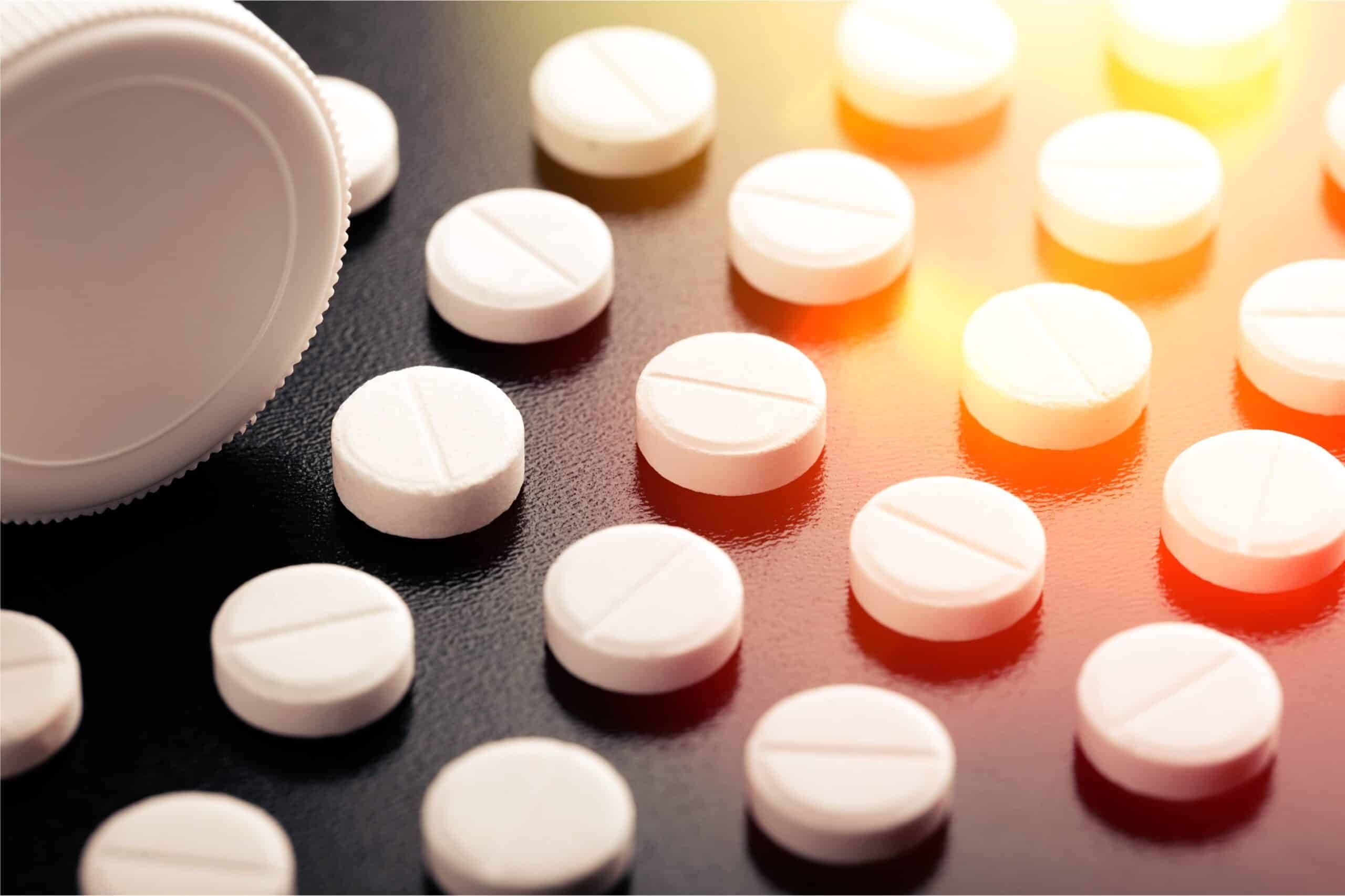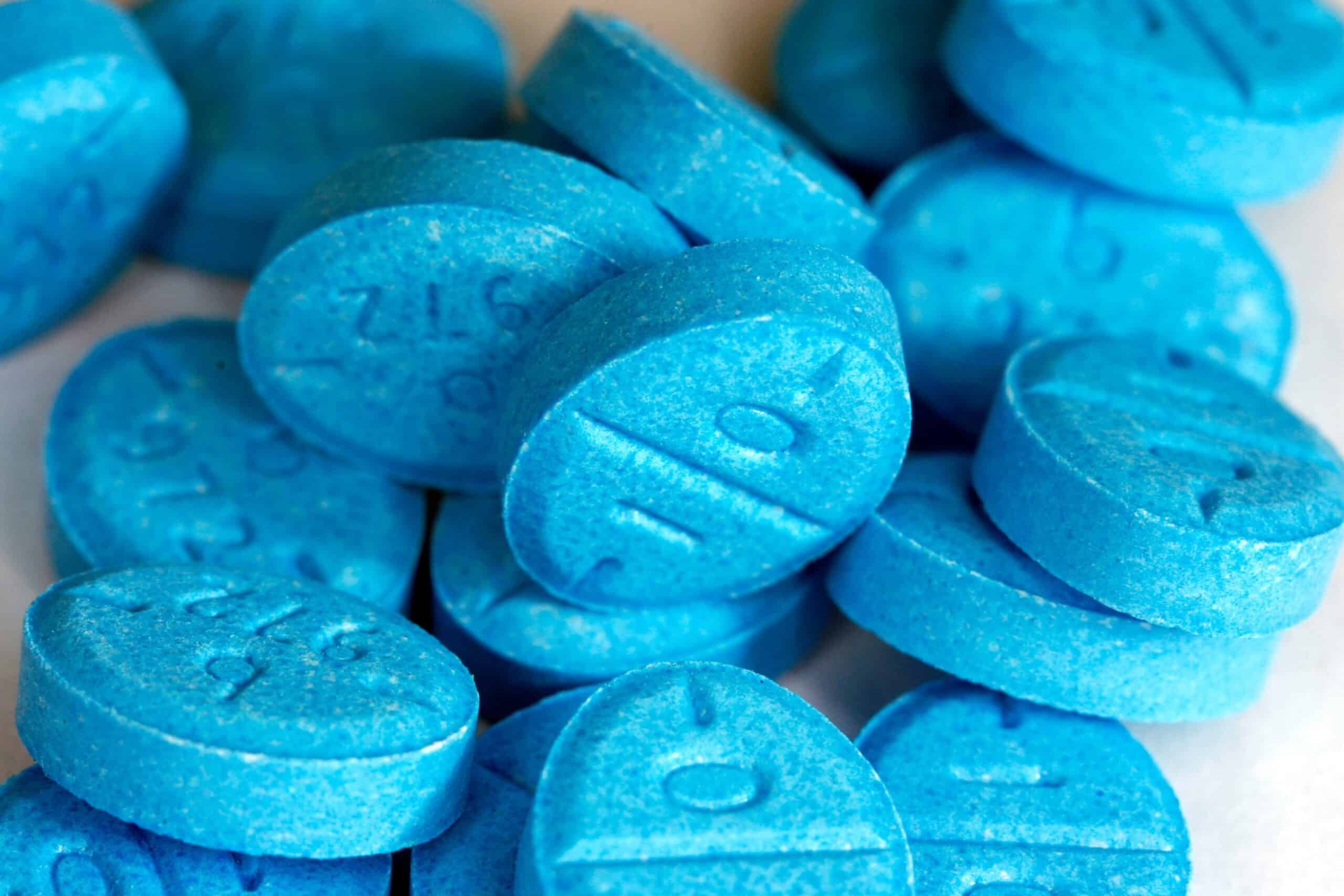The Dangers of Mixing Adderall & Alcohol
Adderall is a common prescription medication that offers life-improving benefits to certain people. Alcohol is a recreational substance that is used safely and moderately by many adults. But if a person combines the two, the dangers of mixing adderall and alcohol be catastrophic.
What Is Adderall?
Adderall is a prescription medication that contains amphetamine and dextroamphetamine, both of which are stimulants. Adderall is typically used to treat people who have attention-deficit/hyperactivity disorder (ADHD). It is also often prescribed to people who are suffering from narcolepsy.
Adderall’s ability to enhance focus, concentration, and attention has also prompted many people to abuse it for performance-enhancing purposes. This type of Adderall abuse is popular among students and some professionals who may feel that they need a cognitive boost to prepare for a test or complete a complex project.
Adderall may also be abused for recreational purposes. As a central nervous system stimulant, Adderall is in the same category as amphetamine, methamphetamine, and cocaine. People who abuse Adderall as a recreational drug may do so to stay awake for extended periods of time or to counteract the effects of depressants such as alcohol.
Anyone who uses Adderall without a prescription (and without following the directions of a qualified physician) puts themselves at risk for myriad negative outcomes. As we will discuss in a later section, when a person abuses Adderall and alcohol at the same time, the likelihood that they will experience physical or psychological problems may increase significantly.
Signs of Adderall & Alcohol Abuse
Adderall and alcohol have different effects on a person’s body and mind. The following signs may indicate that a person has been abusing them.
Signs of Adderall Abuse
People who abuse Adderall may exhibit symptoms such as the following:
- Heightened sense of concentration and attention
- Increased ability to remain focused on a task
- Elevated energy levels
- Speaking more rapidly than usual
- Appearing to be nervous, anxious, or jittery
- Becoming agitated or irritated when unable to acquire or use Adderall
- Trying to borrow or steal Adderall that was prescribed to someone else
- Purchasing Adderall without a prescription from illicit online or offline sources
Signs of Alcohol Abuse
Initially, alcohol abuse can have a stimulating effect on a person’s behavior. But this substance will eventually depress a person’s ability to perform basic cognitive or physical functions. People who have been abusing alcohol may exhibit signs such as the following:
- Diminished inhibitions
- Acting with uncharacteristic recklessness
- Slurred speech
- Difficult following conversations
- Impaired coordination
- Loss of balance
- Poor judgment
- Memory loss
Dangers of Mixing Adderall & Alcohol
Adderall and alcohol share several features. For example:
- In the United States, Adderall and alcohol are both legal substances for people who meet certain criteria.
- Adderall and alcohol are both extremely common.
- Some people are able to use Adderall and alcohol safely, separately, and in moderation
- Adderall and alcohol both have the potential for abuse and addiction.
When substances are legal to use and/or commonly prescribed, many people mistakenly believe that they do not pose a risk of harm. The truth is that virtually every drug or medication can be dangerous when it is used improperly. In the case of prescription medications, improper use includes combining the drug with alcohol or other substances.
When a person abuses Adderall and alcohol at the same time, or within a short period of time, they may expose themselves to several dangers. The more frequently they engage in this behavior, the greater their risk can become. Potential dangers of mixing Adderall and alcohol include the following:
- Elevated body temperature
- Accelerated heart rate and blood pressure
- Confusion and disorientation
- Increased risk of being victimized
- Physical injuries due to recklessness, impaired coordination, and/or poor judgment
- Development of addiction to one or both substances
- Being arrested and incarcerated
- Conflicts with loved ones, which may lead to lost relationships
- Onset or worsening of mental health concerns
- Substandard performance in school or at work
- Academic failure and job loss
- Accidental death
Treatment Options for Addictions to Adderall & Alcohol
Addiction can be treated. With proper professional care, a person can stop using these substances, learn how to regain control of their behaviors, and resist future urges to abuse Adderall and alcohol.
When people enter treatment for addictions to Adderall or alcohol, one of the most important first decisions is determining which level of care is right for them. Many people benefit from spending time in one or both of the following outpatient levels:
Depending on the scope of each person’s needs, their treatment history, and which program they are participating in, treatment for addictions may include elements such as the following:
- Cognitive behavioral therapy (CBT)
- Dialectical behavior therapy (DBT)
- Medication-assisted treatment (MAT)
- Individual and group therapy
- Family therapy
- Adventure therapy
- Trauma therapy
- Holistic rehab
Begin Treatment for Adderall or Alcohol Addiction in Atlanta, Georgia
If your life has been disrupted by a compulsion to abuse Adderall and/or alcohol, please know that you are not alone. At Inner Voyage Recovery Center, a team of experienced and dedicated professionals is ready to help you achieve the healthier and more hopeful future that you deserve.
Our addiction treatment center in Georgia is a safe and respectful place where every person receives customized care and comprehensive support. To learn more about our programs and services, or to schedule a free assessment, please visit our Admissions page or call us today.
 Mon - Fri 8:00 AM to 6:30 PM
Mon - Fri 8:00 AM to 6:30 PM

